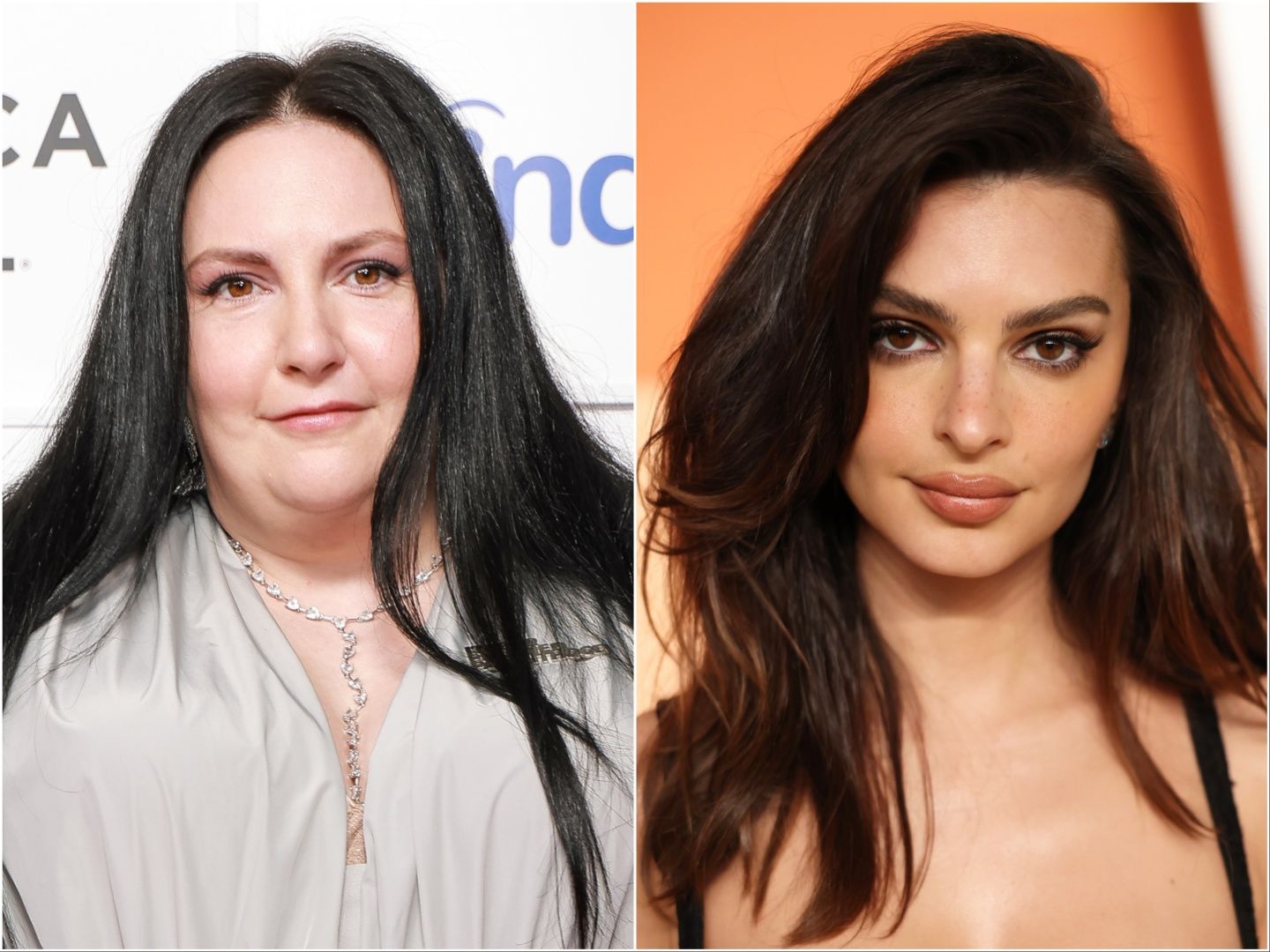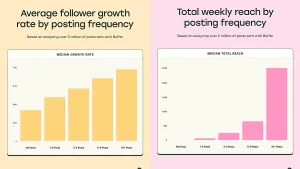
Lena Dunham and Emily Ratajkowski Are Teaming up for a TV Show About Motherhood
Lena Dunham and Emily Ratajkowski are joining forces once more for an exciting new Apple TV+ project exploring “female identity and modern motherhood.”
The pair—who most recently worked together on Dunham’s Netflix series Too Much—will team up with author Stephanie Danler, whose best-selling debut novel Sweetbitter was also adapted for TV.
Ratajkowski will star in the upcoming series, which will arguably be her biggest role yet, after supporting roles in Gone Girl, Entourage, and I Feel Pretty—as well as “cool girl” influencer Wendy in Too Much.
Read more
Of Course Megan Stalter Is the Main Character
Whether you’re watching her viral videos or her scene-stealing character in HBO’s Hacks, it’s obvious that Meg Stalter is a star. And now she has the show to prove it. Ahead of the premiere of her new Netflix series, Too Much, written for her by Lena Dunham, the 33-year-old reflects on what got her to this moment.
She will also serve as an executive producer and screenwriter on the series. The as-yet-unnamed project will be her screenwriting debut, after the success of her bestselling 2021 memoir My Body.
Both women have been vocal about their experiences around fertility and motherhood, so we can expect a diverse and poignant range of voices and stories about the modern experience of being a mother. In a previous interview with Glamour, Ratajkowski opened up about how motherhood completely overhauled her connection with her body.
“It changed the surface-level relationship I had with my image and my body, where it was just this thing to be looked at and it was either doing a good job or a bad job in that regard,” she said. “Now I see it as this amazing vessel that actually knows a lot more than me in some ways.”
Pascal Le Segretain/Getty Images
When Glamour asked if she’s noticed a shift in the way people treat her now that she’s a mother, she had some choice words.
“It’s the classic thing that once a woman becomes a mother, that should be her identity solely, if she’s a good mother,” she said.
“I feel like there’s this sort of confusion: if it’s not just blatant sexism of [on the one hand] ‘She shouldn’t be doing that, she’s a mother,’ which is obvious, then there’s almost [on the other hand] this, ‘I can’t believe she’s a mom!’ which is also equally not great. And I experience that in real life sometimes, even where people are like, ‘That’s your son?’ It’s obviously really flattering. I’m like, ‘Oh, yes, I’m a child myself.’ Or if somebody doesn’t know that I have a child and then I talk about it [they’ll say], ‘Oh, what are you doing here?’ And I’m like, ‘Well, it’s eight o’clock, so he went to bed an hour ago and I have a sitter.’ There’s always going to be something, right? It’s like being a mom is just an example of what I’ve experienced a million times in my life.”
She also explained how she navigates raising a son in a world that doesn’t particularly like women.
“The main things we talk about now are empathy and learning empathy,” she tells me. “And then he’s a very loving child, so he hugs a lot. But he started school, so kids will be like, ‘No,’ and just learning to listen to the other people.
“And I think just very open conversations from a very young age.… I don’t want him to come home and have found out about sex on the internet before we’ve had the conversation, and I unfortunately know that that happens very young.
“I believe that you can start teaching the building blocks of empathy and consent as soon as your child is born.”
Ben Montgomery/Getty Images
Dunham has also been vocal over the years about her fertility journey. Back in 2020 she wrote an essay for Harper’s titled “False Labour,” with the subheading “Giving up on motherhood.” She outlined her experience with endometriosis, IVF, and ultimately, opting for a hysterectomy.
“I learned that none of my eggs were viable on Memorial Day, in the midst of a global pandemic,” she wrote in the essay. “I was in Los Angeles when I got the call from Dr. Coperman, the slight Jewish man who was my entry into (and now exit from) the world of corporate reproduction.”
“This journey has forced me to rethink what motherhood will look like,” Dunham later told People. “IVF destroyed my body—as a woman who tends toward rampant endometriosis, filling my body with estrogen…and because of what my body has been through, subjecting it to such excruciating pain, only to come to the end and learn those eggs were not viable after working so hard through illness and discomfort and going through anxiety and depression, it is just clearly not something I can ever repeat.”
We look forward to the take these two amazing women put together on the complexities of motherhood in the modern world.
This article first appeared on Glamour UK.










